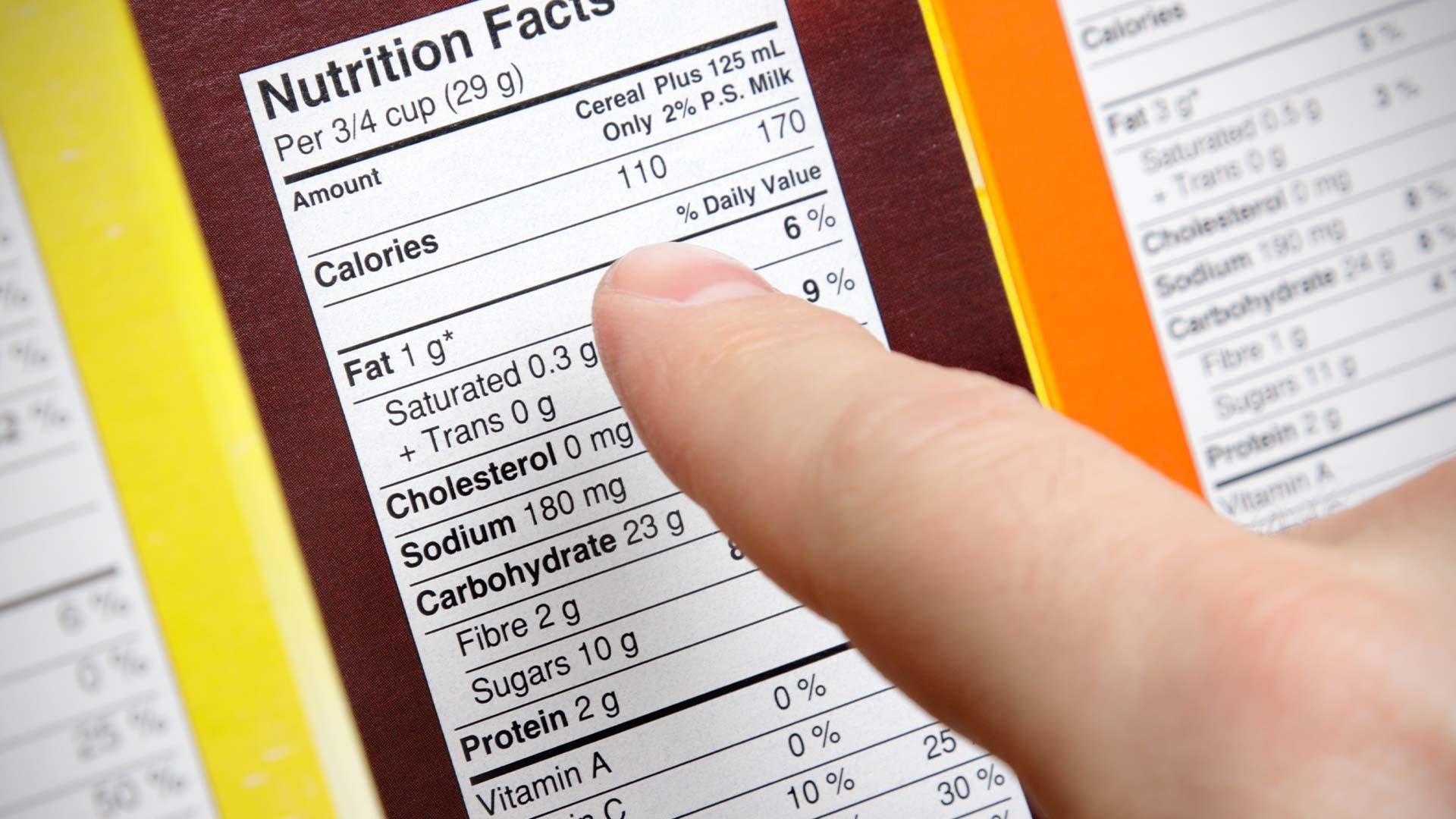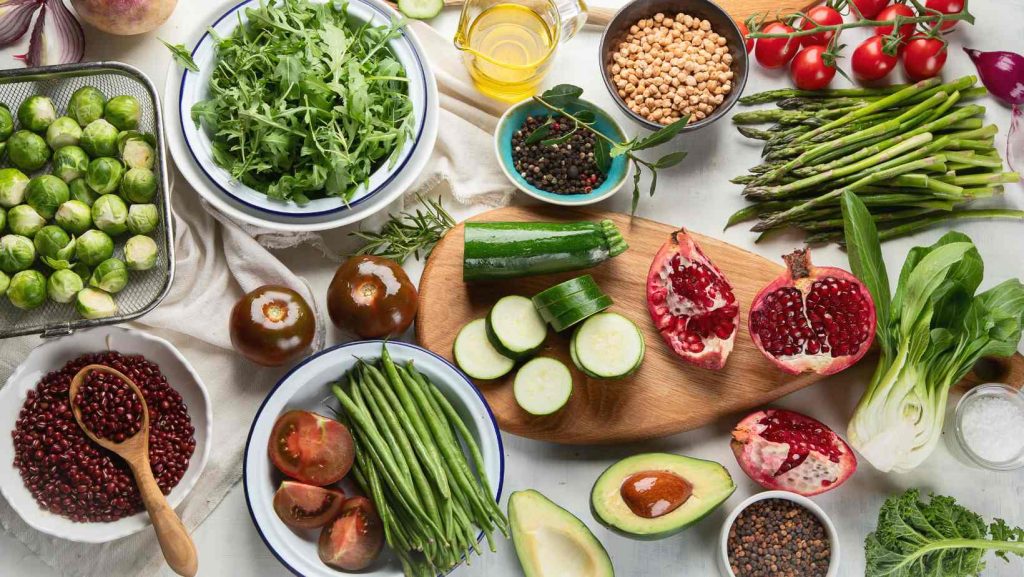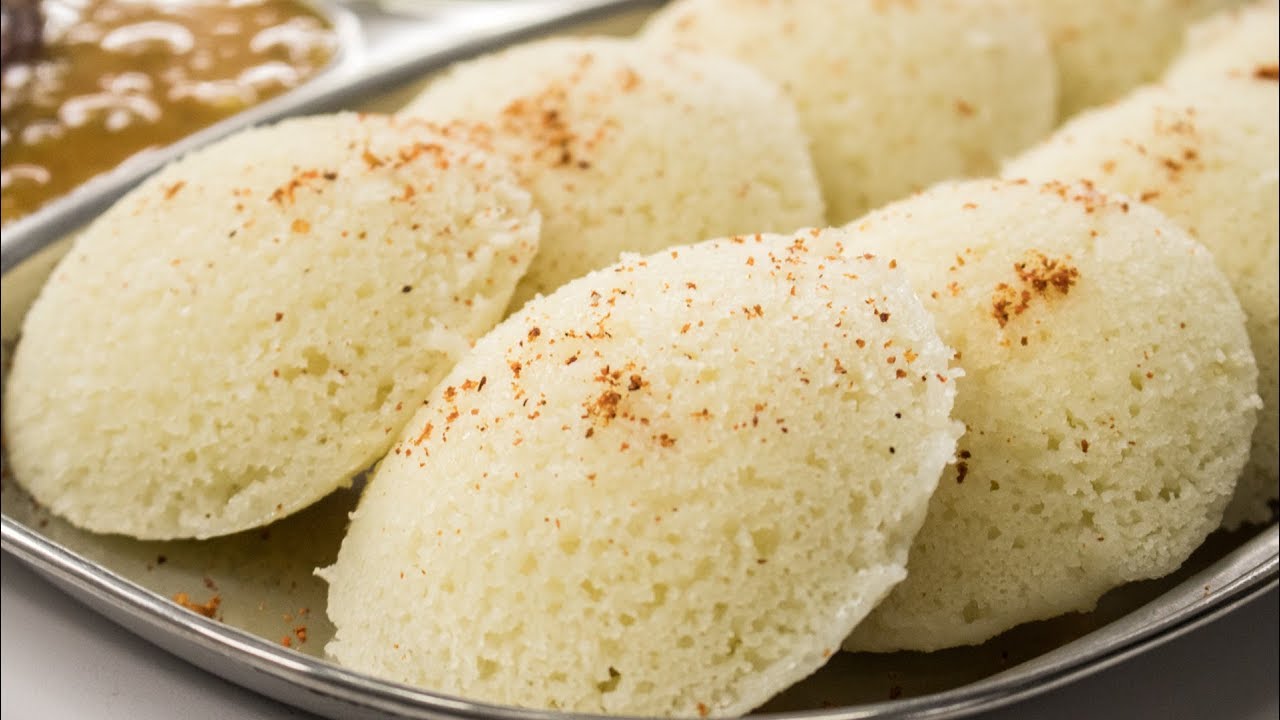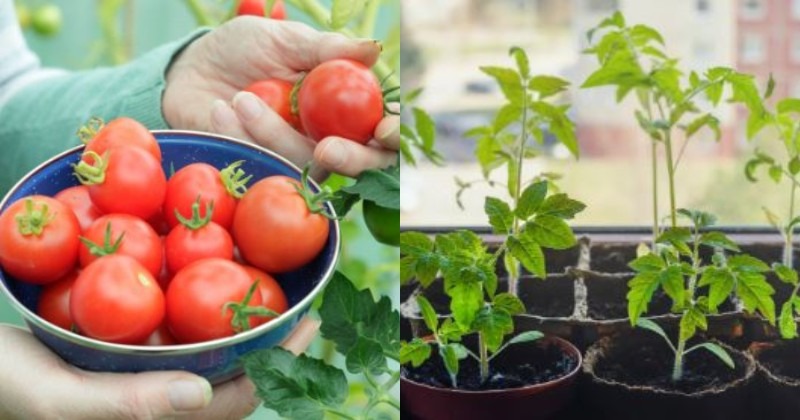Eating well isn’t just about filling your stomach. It’s about giving your body the nutrients it needs to stay healthy. Many people, even those who eat regular meals, may not get enough essential vitamins and minerals. This problem is common in both urban and rural India due to changing food habits, fast food consumption, and poor dietary knowledge.
This article will guide you through easy and practical tips to avoid common nutrient deficiencies—especially important for those on plant-based diets, vegetarians, or busy professionals.
What Are Nutrient Deficiencies?
A nutrient deficiency happens when your body doesn’t get enough of a certain vitamin or mineral. Over time, this can lead to health problems like weakness, fatigue, poor immunity, skin issues, or more serious conditions like anemia or bone disorders.
Some of the most common nutrient deficiencies in India include:
- Iron
- Vitamin B12
- Vitamin D
- Calcium
- Zinc
- Iodine
- Protein (especially in vegetarian diets)
1. Iron Deficiency (Anemia)
Problem:
One of the most common nutritional issues in India, especially among women and children. Low iron can lead to anemia, fatigue, and pale skin.
Prevention Tips:
- Eat iron-rich foods like spinach, methi (fenugreek), rajma (kidney beans), kala chana (black chickpeas), and jaggery (gur).
- Pair iron-rich foods with vitamin C sources like amla, lemon, or orange to help with absorption.
- Avoid tea or coffee immediately after meals—they reduce iron absorption.

2. Vitamin B12 Deficiency
Problem:
Vegetarians and vegans are especially at risk since B12 is mainly found in animal products. Low B12 can cause nerve problems, memory loss, and fatigue.
Prevention Tips:
- Include fortified foods like B12-enriched plant milk (soy, almond), breakfast cereals, and nutritional yeast.
- Consider taking B12 supplements after checking with a doctor.
- For non-veg eaters, include eggs, dairy, or fish like sardines and mackerel.
3. Vitamin D Deficiency
Problem:
Despite living in a sunny country, Vitamin D deficiency is widespread in India due to indoor lifestyles and pollution.
Prevention Tips:
- Spend 15–20 minutes in the early morning sun, at least 3–4 times a week.
- Include Vitamin D-rich foods like fortified milk, mushrooms, and egg yolks.
- Supplements may be needed in some cases (consult a physician).
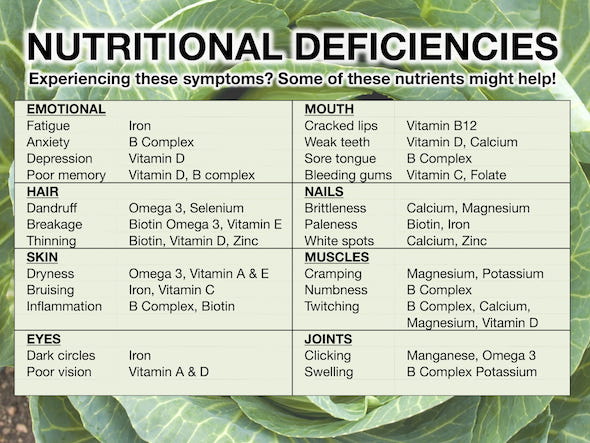
4. Calcium Deficiency
Problem:
Calcium is crucial for bone health. Low calcium leads to weak bones, brittle nails, and risk of fractures.
Prevention Tips:
- Eat calcium-rich foods like ragi, sesame seeds (til), dairy, tofu, and green leafy vegetables.
- Include nuts like almonds and figs in your snacks.
- Check your vitamin D levels, as it helps absorb calcium better.
Also Read Fresh Herbs Every Day: How to Grow a Mini Kitchen Herb Garden in Indian Homes
5. Zinc Deficiency
Problem:
Zinc helps with immunity and wound healing. Deficiency can result in frequent infections and slow healing.
Prevention Tips:
- Add zinc-rich foods like pumpkin seeds, peanuts, whole grains, dals, and legumes to your diet.
- Sprout grains and pulses to increase bioavailability.
6. Iodine Deficiency
Problem:
Lack of iodine can lead to thyroid issues like goiter, especially in areas with low-iodine soil.
Prevention Tips:
- Always use iodized salt.
- Include seaweed or seafood (if non-vegetarian) occasionally.
- Avoid excessive raw cabbage and cauliflower, which interfere with iodine absorption.
7. Protein Deficiency
Problem:
Many Indian vegetarian diets are high in carbs but low in protein. This leads to muscle loss, fatigue, and weak immunity.
Prevention Tips:
- Include dal, chana, rajma, tofu, paneer, soybeans, and sprouts in meals.
- Add nuts, seeds (chia, sunflower), and nut butter.
- Use plant-based protein powders if you are very active or working out regularly.
Additional Tips to Avoid Deficiencies
✅ Plan Balanced Meals
Use the balanced plate method: Half plate vegetables, one-quarter whole grains (roti, rice, millets), and one-quarter protein source.
✅ Rotate Your Food Choices
Don’t eat the same food every day. Rotate greens, dals, and grains like bajra, jowar, and ragi.
✅ Cook Right
Avoid overcooking vegetables. Steam or sauté lightly to preserve nutrients.
✅ Stay Hydrated
Water helps transport nutrients in the body. Drink at least 7–8 glasses of water daily.
✅ Get Blood Tests Regularly
Test for iron, B12, D, calcium, and thyroid once a year, especially if you’re on a restrictive diet.
FAQs: Avoiding Nutrient Deficiencies in India
Q1: Can I get all nutrients on a vegetarian diet?
Yes. But you must plan your meals carefully, use fortified foods, and consider supplements like B12 and D if needed.
Q2: What are early signs of nutrient deficiency?
Tiredness, frequent colds, brittle nails, hair fall, and pale skin can be early signs.
Q3: Is jaggery really good for iron?
Yes, unrefined jaggery has small amounts of iron and can help, especially with plant-based meals.
Q4: Are supplements necessary?
Not always. But for nutrients like B12 or Vitamin D, supplements may be needed after testing.
Q5: How do I get protein without meat?
Use dals, legumes, soy products, nuts, and seeds. Pair them with whole grains like brown rice or wheat for better absorption.
Final Thoughts
It’s not difficult to avoid common nutrient deficiencies—you just need a little planning. Whether you’re vegetarian, vegan, or eating a typical Indian diet, make sure you’re getting enough iron, protein, vitamin B12, and vitamin D. Add diverse whole foods, rotate your meals, and stay active and hydrated. These simple habits can keep you energized, prevent long-term health issues, and make your meals truly nourishing.
Author- Ayush





